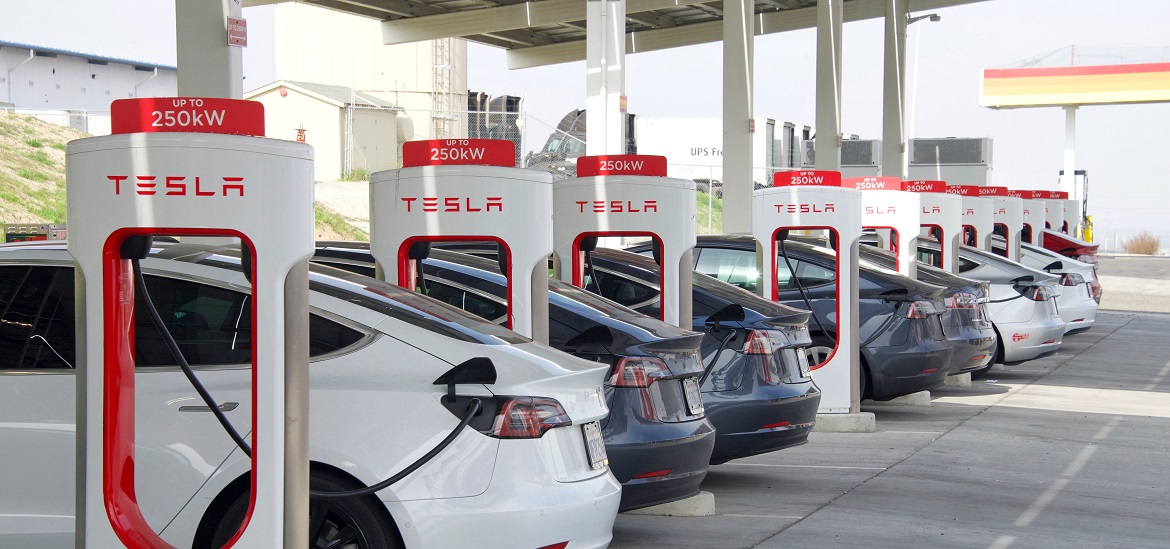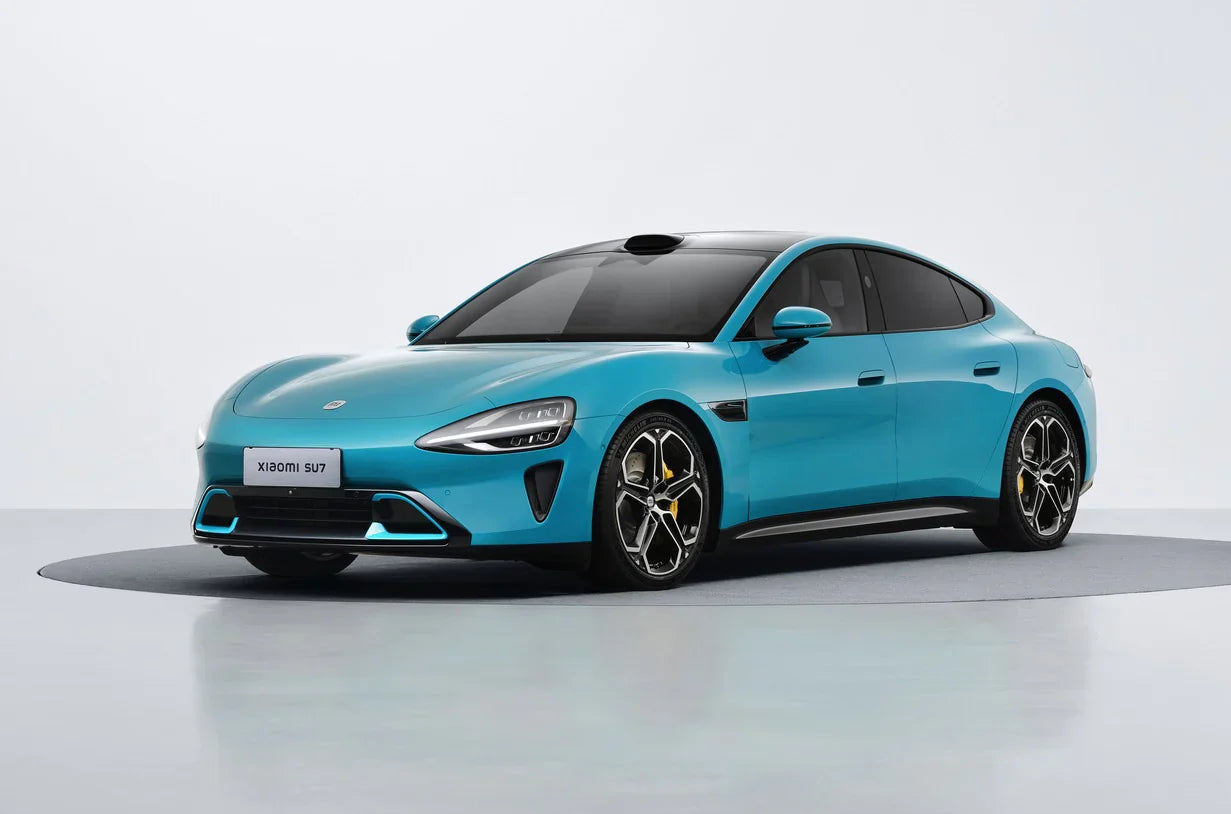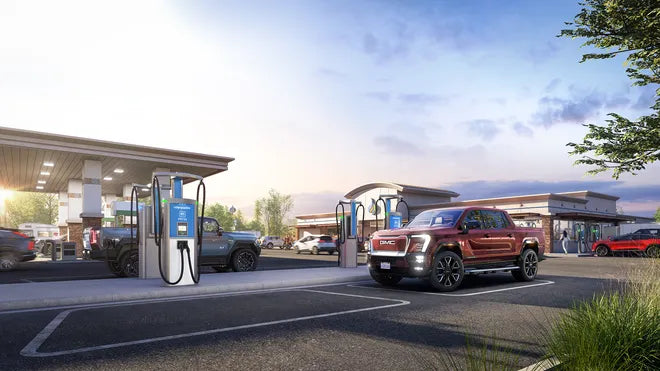As electric vehicles (EVs) continue to gain traction in the U.S. and worldwide, EV drivers are paying more attention not just to vehicle range—but also to the quality and availability of public charging infrastructure. In this comprehensive review, we’ll evaluate the major EV charging station brands in the U.S., comparing their network size, charging speed, pricing, user experience, and reliability.
Why EV Charging Station Quality Matters
The EV experience goes far beyond the vehicle itself. Charging infrastructure plays a vital role in:
-
Trip planning
-
Charging convenience
-
Cost of ownership
-
Adoption rates for new EV owners
Inconsistent charging speeds, broken chargers, and poor station placement can be frustrating enough to dissuade potential EV buyers. That’s why it’s critical to know the strengths and weaknesses of major providers.
1. Tesla Supercharger Network
Overview:
Tesla’s Supercharger network is often considered the gold standard. Exclusively used by Tesla vehicles until recently, the network is now gradually opening up to non-Tesla EVs through the Magic Dock and NACS adapter system.
Pros:
-
Industry-leading reliability
-
Seamless integration with Tesla vehicles (plug-and-charge)
-
Fastest DC charging speeds (up to 250kW on V3 chargers)
-
Widespread and strategically placed locations for long-distance travel
Cons:
-
Limited access for non-Tesla EVs (still being rolled out)
-
Proprietary connector format (NACS) until 2025/2026 full rollout
User Rating: 4.8/5
Best for: Tesla drivers and non-Tesla EVs with NACS access or adapters
2. Electrify America
Overview:
Founded by Volkswagen as part of its dieselgate settlement, Electrify America is rapidly expanding its network of ultra-fast charging stations.
Pros:
-
High power levels (150kW to 350kW DC fast chargers)
-
CCS compatibility for most non-Tesla EVs
-
Increasing number of locations nationwide
-
Easy-to-use app and Plug&Charge functionality for select models
Cons:
-
Reliability issues in some regions (charger downtime)
-
Higher per-minute pricing compared to competitors
-
Crowding during peak hours
User Rating: 4.2/5
Best for: Non-Tesla EV owners on long trips needing fast charging
3. ChargePoint
Overview:
ChargePoint is one of the largest EV charging station networks by number of locations, primarily focused on Level 2 charging but also expanding DC fast charging.
Pros:
-
Huge number of stations (especially at workplaces and commercial areas)
-
Compatibility with most EVs
-
User-friendly app with real-time availability
-
Widely supported by fleet and enterprise charging
Cons:
-
Many chargers are Level 2 (slower than DC fast charging)
-
Ownership model (chargers owned by third parties) leads to inconsistent performance and maintenance
-
Some stations require paid parking or membership access
User Rating: 4.0/5
Best for: Daily commuters and urban EV drivers needing Level 2 access
4. EVgo
Overview:
EVgo specializes in DC fast charging stations in urban areas. It partners with major retailers and automakers to expand reach.
Pros:
-
Good urban coverage
-
Partnerships with GM, Nissan, and other automakers
-
High-power chargers (up to 350kW)
-
Supports Plug&Charge
Cons:
-
Coverage still smaller than Tesla and Electrify America
-
Some older stations have slower charge speeds
-
App reliability varies by region
User Rating: 3.9/5
Best for: Urban fast charging and automaker-specific perks
5. Blink Charging
Overview:
Blink has grown through both installation and acquisitions, with a mix of Level 2 and DC fast chargers.
Pros:
-
Expanding presence in schools, workplaces, and municipalities
-
Intuitive mobile app
-
Custom branding for local hosts
Cons:
-
Charging speed and hardware varies greatly
-
Many chargers are still Level 2
-
Less reliable than top competitors in real-world usage
User Rating: 3.5/5
Best for: Supplementary charging in commercial areas
Charging Speed Comparison Chart
| Provider | Max Speed | Network Focus | Plug&Charge | Coverage |
|---|---|---|---|---|
| Tesla Supercharger | 250 kW | Long-distance DCFC | Yes | Nationwide |
| Electrify America | 350 kW | Highway & urban DCFC | Yes (select) | Growing fast |
| ChargePoint | 62.5-125 kW | Level 2 & DCFC mix | Limited | Very widespread |
| EVgo | 50-350 kW | Urban DCFC | Yes | Urban-focused |
| Blink | 6.6-150 kW | Mixed use | No | Expanding |
Final Thoughts: Which EV Charging Station Brand Is Best?
The best charging station network depends on your vehicle, location, and use case:
-
Tesla owners: Stick with Superchargers for speed and reliability.
-
Non-Tesla long-distance drivers: Electrify America offers the most powerful public options.
-
Commuters and local charging: ChargePoint and Blink can fill in the gaps—just be sure to check the station status in-app before heading over.
-
Urban EV drivers: EVgo has a strong presence in cities, especially for quick top-ups.
As EV adoption increases, charging infrastructure will only improve. But knowing which brand delivers consistent, fast, and accessible service can make or break your EV ownership experience.
Recommend Reading: Understanding the Current Status of the U.S. National Electric Vehicle Infrastructure (NEVI) Program







Share:
How to Plan a Smooth EV Road Trip?
Comprehensive Review of EV Charging Stations in California (2025)